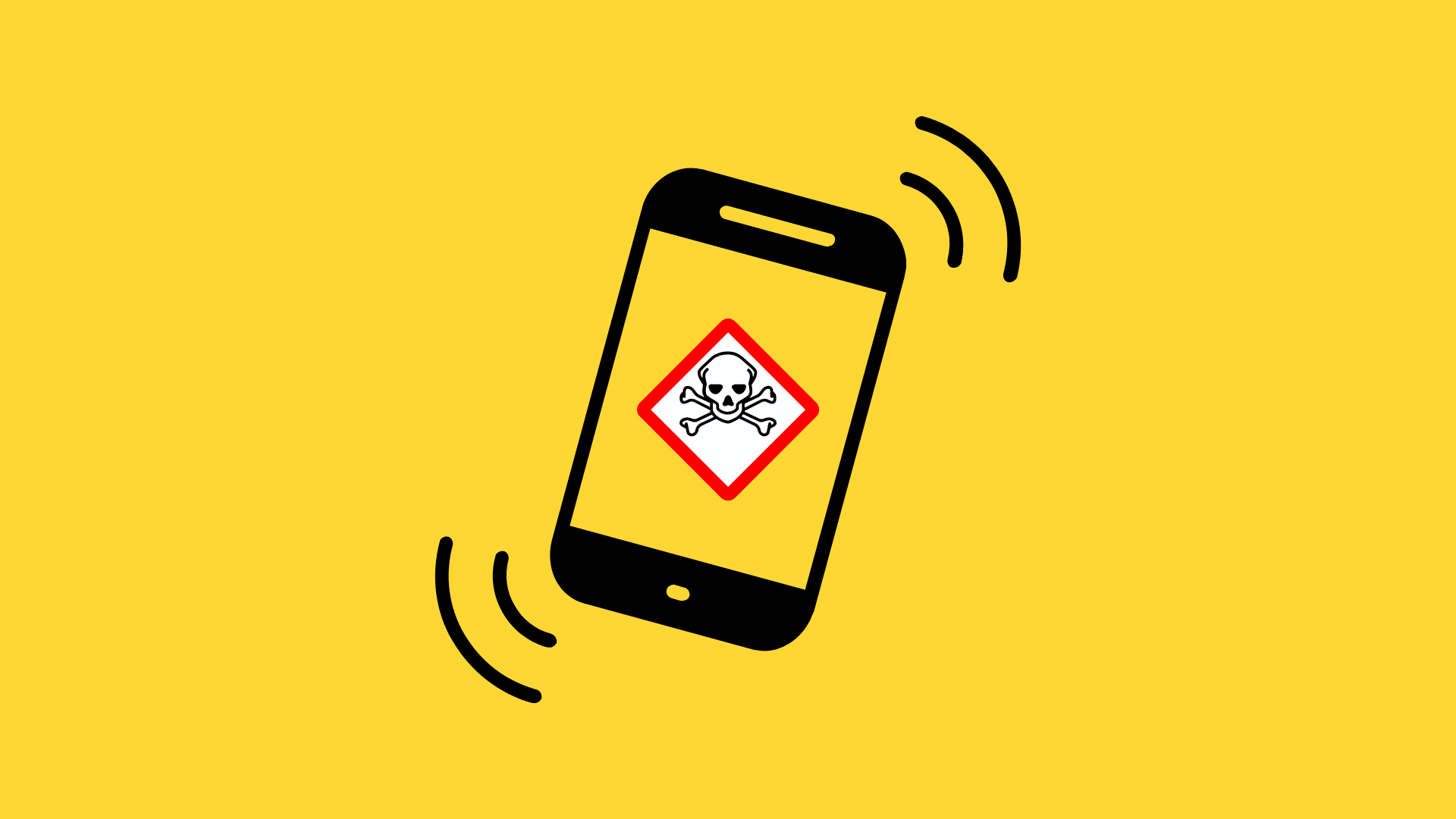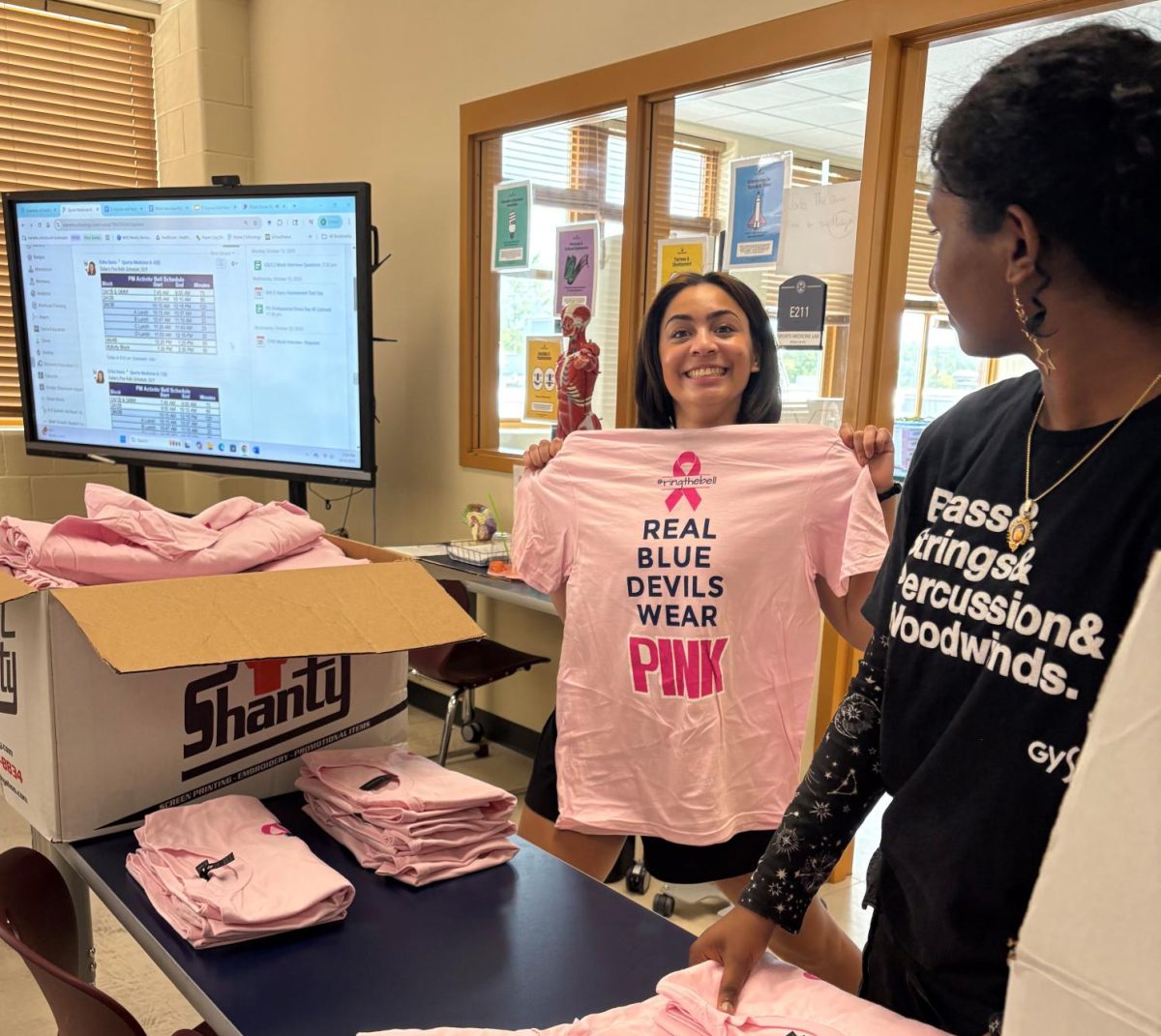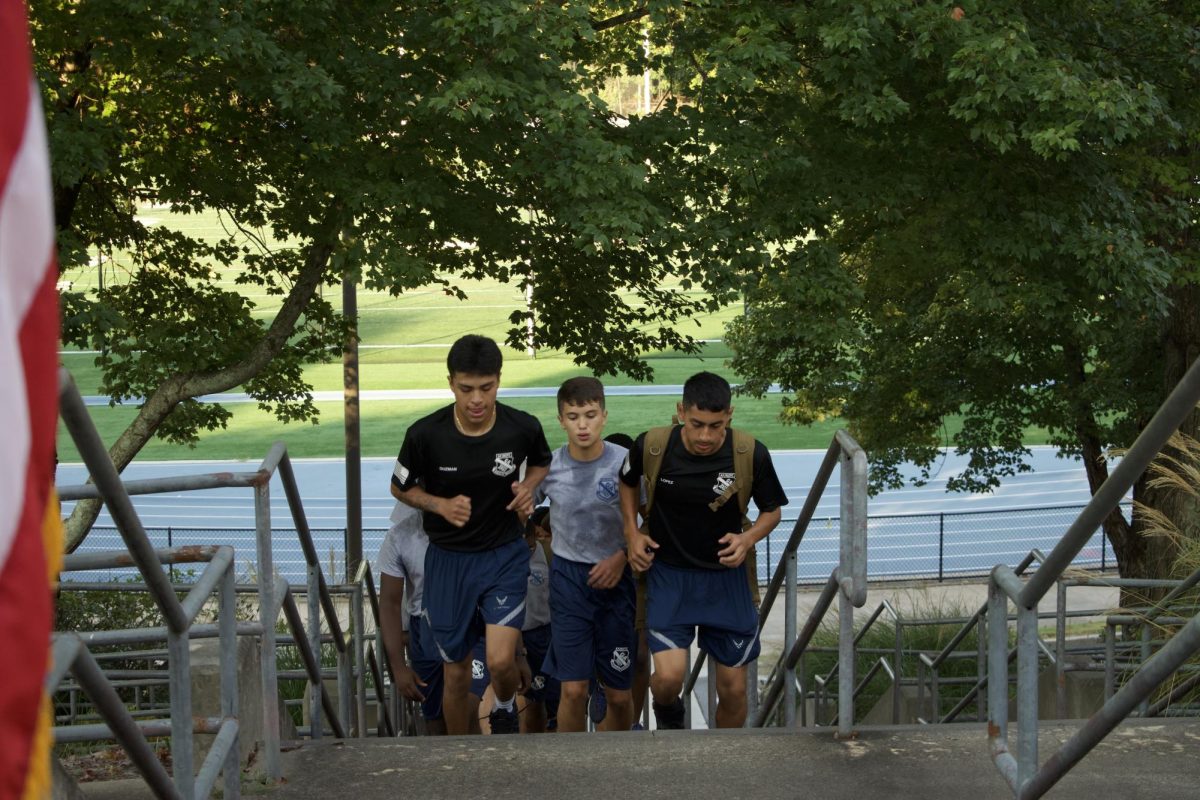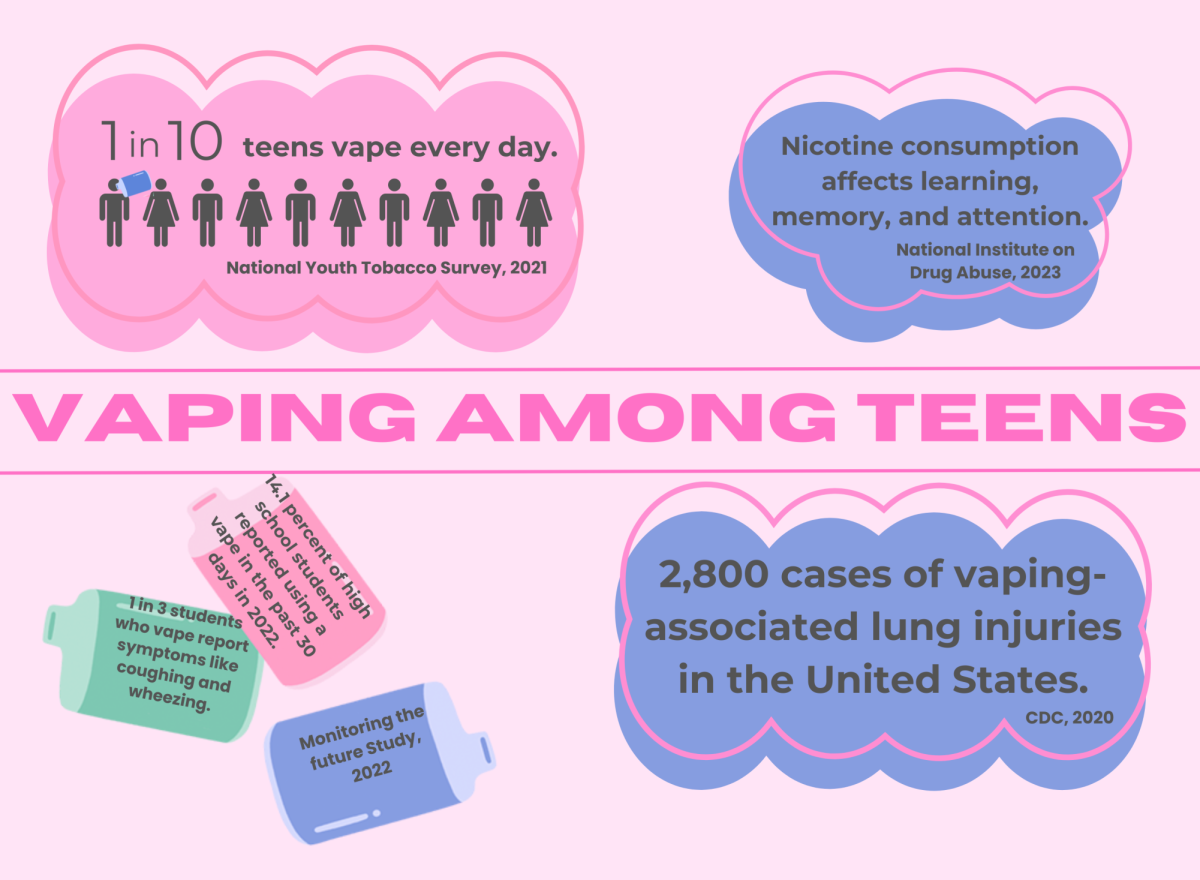In early August, the MPD reported a case where a Marietta student experienced sextortion. They were sent photoshopped nude photos of themself and threatened to send $300 or the photos would be sent to all of their friends. The student blocked the anonymous account but they continued to harass them through text. At this point, the student informed their parents and administrators and the police took on the case. The threats seemed to be a bluff as they had yet to act on their statements. Still, students must be aware of the dangers of technology and social media.
With each passing day, Artificial Intelligence has become more commonplace. Though AI has been the source of new innovations, it has also produced many harmful effects like the use of deepfakes against celebrities. Deepfakes are audio, images, or videos that have been edited or generated with AI tools, usually depicting real or non-existent people.
The use of them first surfaced in 2017 when people online began using face-swapping technology to put celebrities’ faces onto pornographic material. According to an article by The Guardian, nearly 4,000 celebrities were found to be victims of deepfakes at the time of the report in March. It’s easy to think that these issues would only happen to celebrities but Officer Youngblood, a School Resource Officer, has had experience with these issues.
“I can’t talk about cases, but I did have something that was similar in the point of someone’s face was taken from their Facebook page and placed on something else…” Youngblood said.
Though she couldn’t offer specific details, Youngblood stressed the importance of being careful on social media and keeping your accounts private because you don’t know who could access your photos.
Recently, a similar conflict occurred within MHS and was passed on to detectives at the MPD.
“It was determined that the student in question did, in fact, record female students on his cellphone as they walked down the hallway,” Principal Dr. Crumbs wrote in an email addressed to MHS families. “During the investigation, it was also discovered that this same student was in possession of multiple videos involving the sexual exploitation of minors.”
Punishment can be severe for students who participate in illegal activity within school as you’re dealing with misdemeanors that can turn into possible felonies. Youngblood had previous cases in which nude photos were shared online. Every share is a single count and can quickly develop into a felony rather than a misdemeanor. Cases of greater severity are turned over to a detective and even sometimes picked up by the FBI.
“We do the minor stuff that happens in the school but any kind of bigger case is going to be further looked into by a detective because a detective can do a lot more than what we can,” Youngblood said.
With the increase in these types of cases, it is important that students are cautious and take measures to protect themselves. Additionally, students must understand that once pictures are posted to the internet, they cannot be removed. Police can flag photos posted on social media but they do not have the power to pull them from the internet.
“If it ends up on your accounts, we can’t get that down. Instagram may pull that down but [it’s not guaranteed],” School Resource Office Faroul said.
Faroul encourages students to share this information with their friends and create a general awareness of the dangers of social media.






